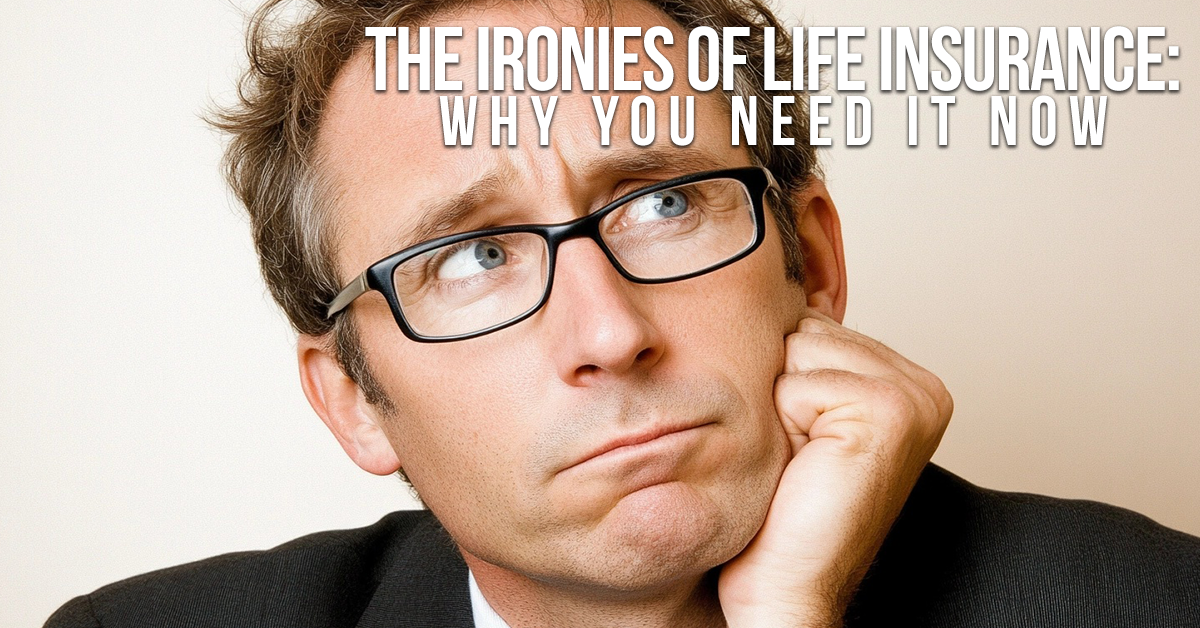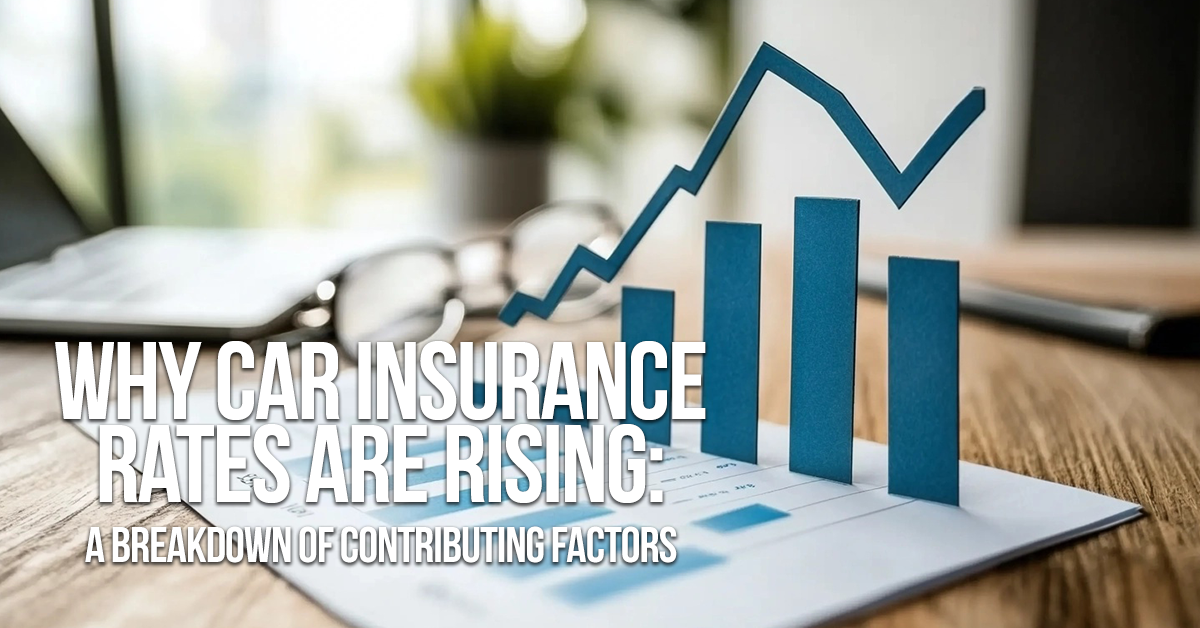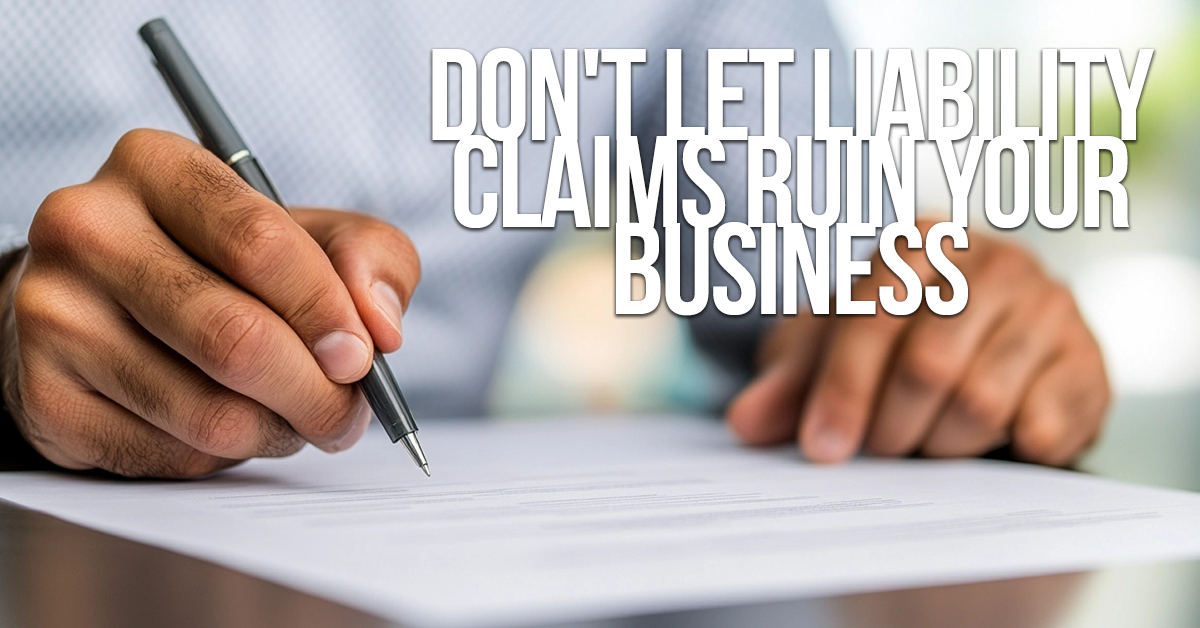
Everyone loves the term “waive” when it comes to money. Have you ever had someone waive a fee for you? I know I have, and I wanted to kiss their feet. Not literally, that’s just metaphorically how grateful I was. Saving money is such an awesome feeling because then you can take your few extra bucks and go buy an ice cream cone.
In the insurance world, a deductible is an amount of money you must pay before the company will pay out on your claim. In other words, you will receive the money it will take to fix the damage, minus your set deductible amount. If you get into an accident, causing $2,500 of damage to your car, and your deductible is set at $1,000, the insurance company will send you a check for $1,500.
However, in some cases, your deductible can be waived. Every insurance company will always differ on their policies.
For collision coverage, depending on your state, comparative negligence comes into play. Some states will rate the fault of each driver involved in an accident by a certain percentage. If you are less than 50% at fault, then the other party’s insurance company may be paying your claim. In this case, you will not pay a deductible. If both drivers are at fault, some companies may have you pay a portion of your deductible instead of the full amount.
If your policy has the UMPD (uninsured motorist property damage) collision deductible waiver coverage, you will not pay a deductible if you are in an accident with someone without insurance. There may be a maximum amount for the payout, depending on the company and state. An accident may not be covered by insurance if the company cannot verify that the other party was uninsured (i.e. hit and run).
Some companies will leave the decision to repair your car up to you. Say the damage to your car is minor and you are still able to drive it. Maybe you don’t have alternative transportation, and it’s easier for you not to get the damaged fixed. These companies will still send you a check for the amount it would take to fix the damages, minus your deductible. However, if your car is financed, keep in mind the financer may require you to repair the damages. Another thing to keep in mind is if you don’t repair the damages, the value of your car is greatly diminished if you are in another accident.
Always be sure to ask your agent what the company’s policies are regarding deductible waivers before assuming the waiver could apply to you.









